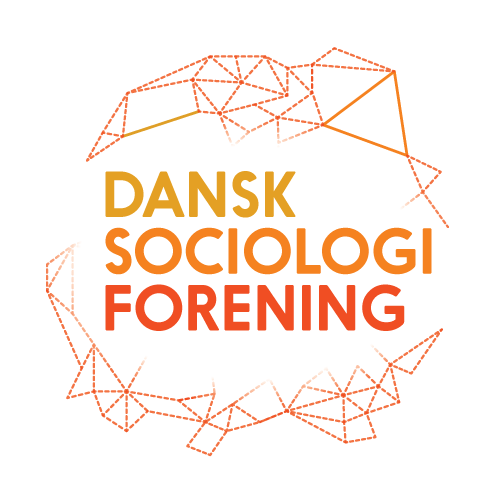ISA Thematic Group on Institutional Ethnography
The Thematic Group on Institutional Ethnography is a newly formed group within the International Sociological Association, and we are soliciting papers for the upcoming Forum on Sociology in Buenos Aires, Argentina.
Call for Abstracts
Institutional Ethnography
A New International Sociological Association Thematic Group
In 2011 the International Sociological Association established Institutional Ethnography as a thematic group (TG06), and now it solicits abstracts for our inaugural sessions that will be held in conjunction with the ISA Forum of Sociology in Buenos Aires, Argentina, August 1-4, 2012. Sessions are being organized on the following topics:
. Puzzles and Challenges in Institutional Ethnography Research
. The Social Organization of Knowledge
. New Directions in Institutional Ethnography Research
. Researching and Working in the Community
. Transnational Ruling Relations
. Social Justice and Institutional Ethnography
Descriptions of the Thematic Group on Institutional Ethnography (TG06) and these sessions can be found online by going to http://www.isa-sociology.org/tg06.htm. Click on “Call for Papers” to read the session descriptions and ISA website platform to submit an abstract electronically. The deadline for submissions is December 15, 2011. For membership in the Thematic Group go to http://www.isa-sociology.org/memb_i/.
Institutional ethnography is an alternative sociology founded by Dorothy E. Smith that examines social relations and social institutions from the standpoint of the experiences of particular, active subjects. It is distinct from other sociological modes of investigation in that it is not under the direction or conceptual control of any sociological theory; rather, inquiry begins in and remains in the social world in which we live. The aims of institutional ethnography investigations are threefold. The first is to discover how it is that day in and day out we put together our social world, including how our local everyday activities are linked to and coordinated by social relations that are not entirely visible from any one location. The second aim is to develop new ways of discovering ruling relations that are consistent with the materialist social ontology of institutional ethnography. The third aim is to build knowledge of institutional processes in general. This work involves an examination of studies done in varied institutional settings and drawing out those relations and social processes that are commonly found across institutions. Throughout institutional ethnography investigations, however, the focus is on the material world: what people are doing, with whom they are doing it, and the conditions under which their activities are carried out. Institutional ethnography investigations are not limited to any specific substantive area of research or professional practice.
For more information about the Thematic Group on Institutional Ethnography, contact its President, Alison I. Griffith, York University, Canada, at agriffith@edu.yorku.ca.
For information about the sessions at the Forum of Sociology, contact the Programme Coordinator, Paul C. Luken, University of West Georgia, USA, at pluken@westga.edu.
